When my editor approached me to write an article on reasons to switch from Windows to Linux, I could not help but to chuckle to myself. Earlier in the week, a photographer friend of mine posted on my Facebook page thanking me for turning him on to Linux. I was hardly surprised to see his post.
I always preach the “gospel of Linux” to my friends, family, acquaintances, and, well, pretty much whoever I talk to. What is surprising is I’ve not seen my friend in over five years. I barely even remember the conversation. However, I don’t doubt it happened. I’ve been trying to turn Windows users into Linux users for well over 15 years.
Let’s see if we can’t convert a few more today with our article. Never have there been more compelling reasons to make the switch.
Top reasons to switch to Linux
Here are just five great reasons for users to create that magical move from the wayward world of Windows to the lauded land of Linux.
Total Cost of Operation
Linux is free. That’s the bottom line. Whether you want to run a Debian-based distro such as Ubuntu, a Red Hat derivative such a Fedora, or an Arch-based offering such as Manjaro, the price is all the same — free.
Such is not the case with Windows. Not only do you have to pay for Windows, but you also have to pay for every copy you have.
Let’s examine how that works in the real world. Assume that you have a total mixture of four laptops and desktops. With Windows 10 as your OS, you are looking at having to spend around $150 per copy resulting in a $600 dent in your wallet. With Linux, you still have your $600.
Not only are most Linux OSs free, but so is the FOSS software that developers build for it. In another test case scenario, let’s assume that you have only one laptop. If it’s a Windows laptop, let’s assume that you are using Windows 10 Pro ($150) as your OS, Office Home and Office 2019 ($250) as your office productivity suite, Adobe PhotoShop Elements 2020 & Premiere Elements 2020 ($170) for your graphics. Assuming you already own the hardware, the total damage for this setup is $570. (Note that all prices were randomly selected from a smattering of websites).
Again, assuming that you already own the laptop and run a Linux OS with comparable FOSS software. Your total cost is — you guessed it — free.
However, just because most versions of Linux are free, that does not mean we don’t encourage supporting the development of FOSS. We strongly and actively urge those able and willing to donate when and if they can to support the continuation of their favorite distro(s).
Security and Privacy
Linux is, by design, a much more secure OS than either macOS or Windows. This reason alone should be more than enough to entice you to migrate. As Linux currently only enjoys a 2.3% market share of the OS desktop, it is not often the target of viruses, malware, ransomware, or the like. In my twenty years of using Linux, including the five that I’ve used it as my sole operating system. I’ve never had a security-related issue with my system.
Rarely do you hear about companies like Google, Amazon, Twitter, or even Microsoft (a Linux Foundation platinum member) suffering security breaches. It’s not mere happenstance … they rely on Linux.
While no operating system can claim to be 100% secure, it does not get any better than Linux for security.
Reliability
In the twenty years that I’ve used Linux, I can count the number of crashes I’ve encountered on the one hand, with two fingers still free. The number of crashes or Blue Screens of Death (BSOD) that I’ve had on the various versions of Windows I’ve run in those same twenty years are far too many even to begin counting. The bottom line is that Linux works out of the box 99.9% of the time.
Also, if you have a program or application that locks up in Linux, you can kill the offending program from the terminal with a single command, and you have your desktop back. With Windows, you cross your fingers and trust that the Task Manager will work to zap the culprit. Good luck with that.
Support
Support for Linux is unparalleled in the IT community. No matter what problem you encounter on whatever Linux distro, support abounds. Their exists mailing lists, groups, and forums whose sole purpose is to help you resolve issues. Fittingly, since Linux itself is open source, these resources and communities are, in my experience, both helpful and welcoming.
I know of no major Linux distro that does not provide a well-documented and maintained support site that offers robust support for their users. Sites like Ubuntu Support, Manjaro Linux Forum, Ask Fedora, Ask Ubuntu, and Help Zorin OS dot the internet landscape. What’s more, just like Linux, access to these helpful sites is 100% free.
Compatible with Older Hardware
With every new release with both Windows and macOS, if often feels as if you must buy new hardware every time you’re forced into upgrading to a new version of the OS. It’s almost as if there exists a policy of manufacturing consumer goods that quickly become obsolete and require replacing because of frequent changes in design and spec requirements. There is, it’s called planned obsolescence and Windows, Apple, and hardware manufacturers are masters at it.
Thankfully, there’s Linux, and planned obsolescence is not in their vocabulary. That’s why thousands of Windows 7 users are looking into Linux distros such as the upcoming Linux Mint 19.3, Zorin OS 15 Lite, elementary OS 5.1, and others as potential replacements when Windows 7 reaches EOL on January 14, 2020.
Not only does upgrading your OS to Linux save you money on hardware, but you also lessen your carbon footprint and impact on the environment by not having to trash your computer hardware every three or four years.
Conclusion
We’ve provided you just five reasons why you should switch to Linux today. Each of these is reason enough on their own. To ensure brevity in our article, we did not mention the many other reasons users should make the change, such as ease of use, package management, community, flexibility, interoperability, compatibility, updates, speed, performance, OS size, updates, and many many more. Linux rocks!
That’s not to say that Windows does not have a place in today’s world. I’m quite sure it does. Just not in my house nor on my computers.

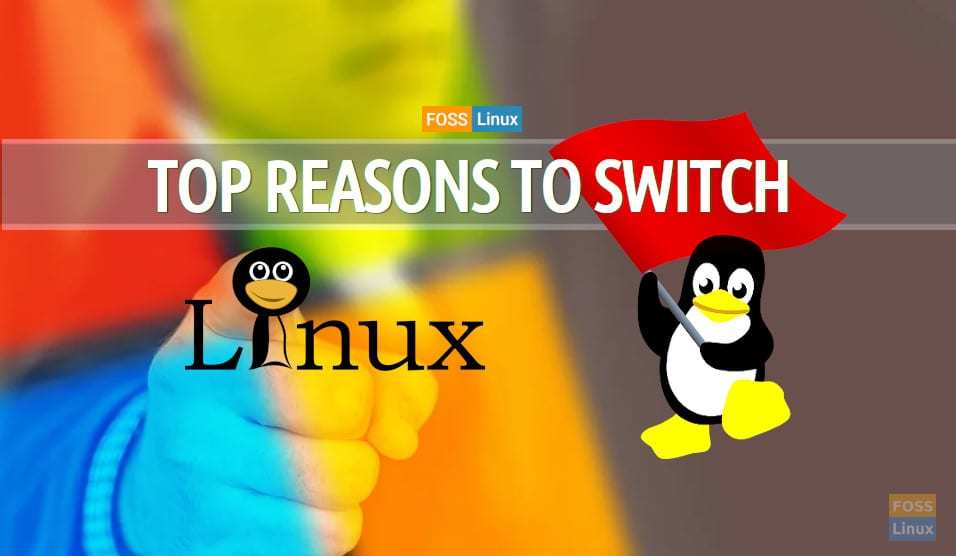
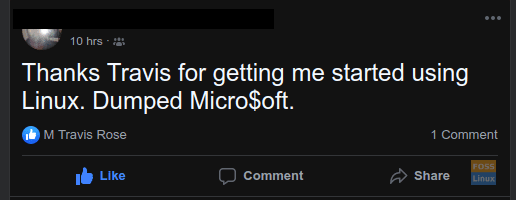
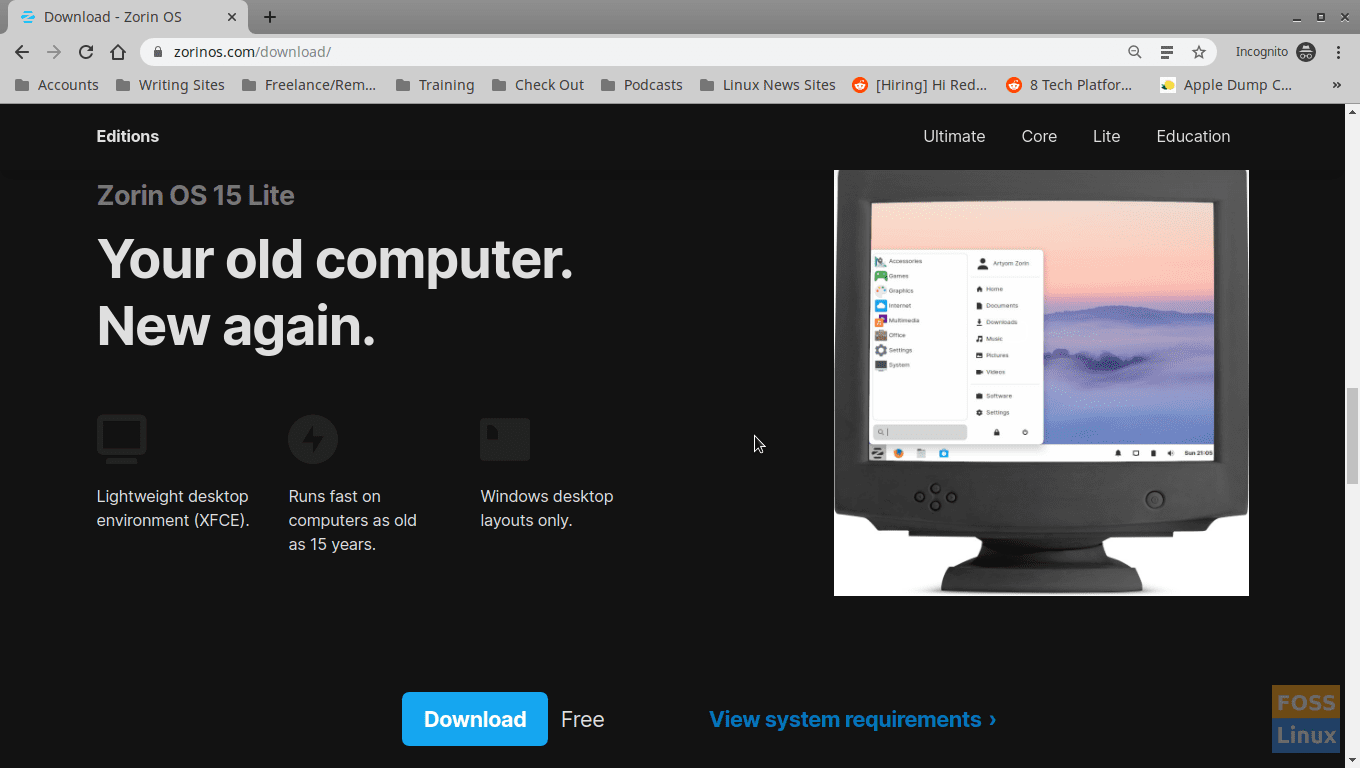

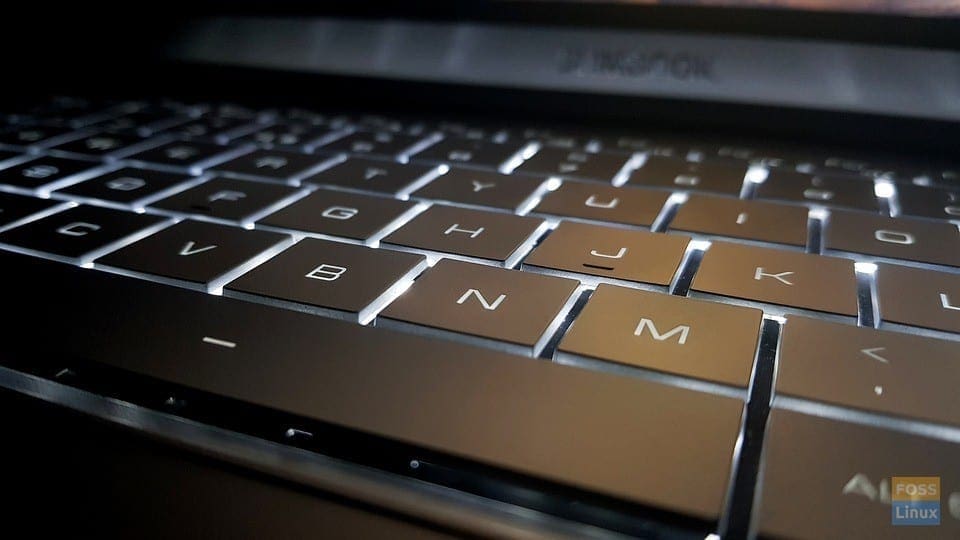
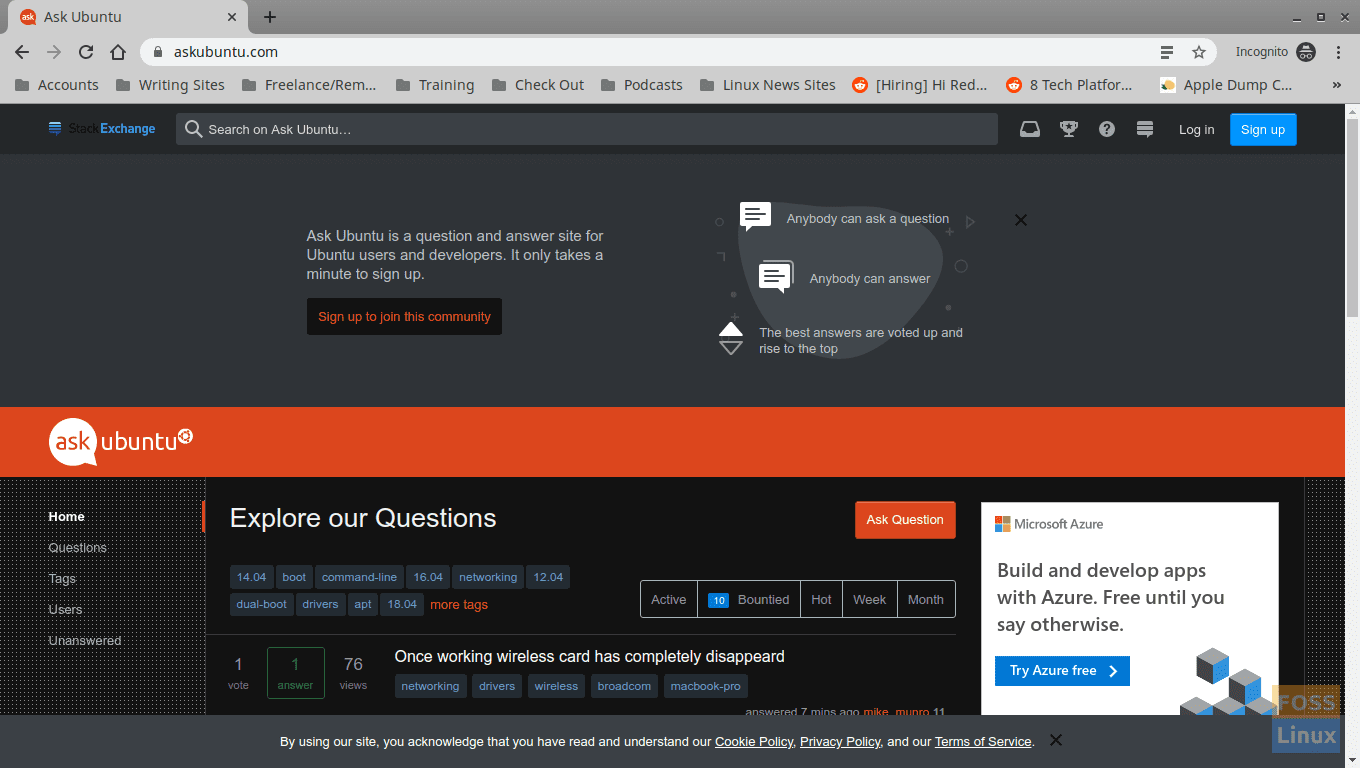
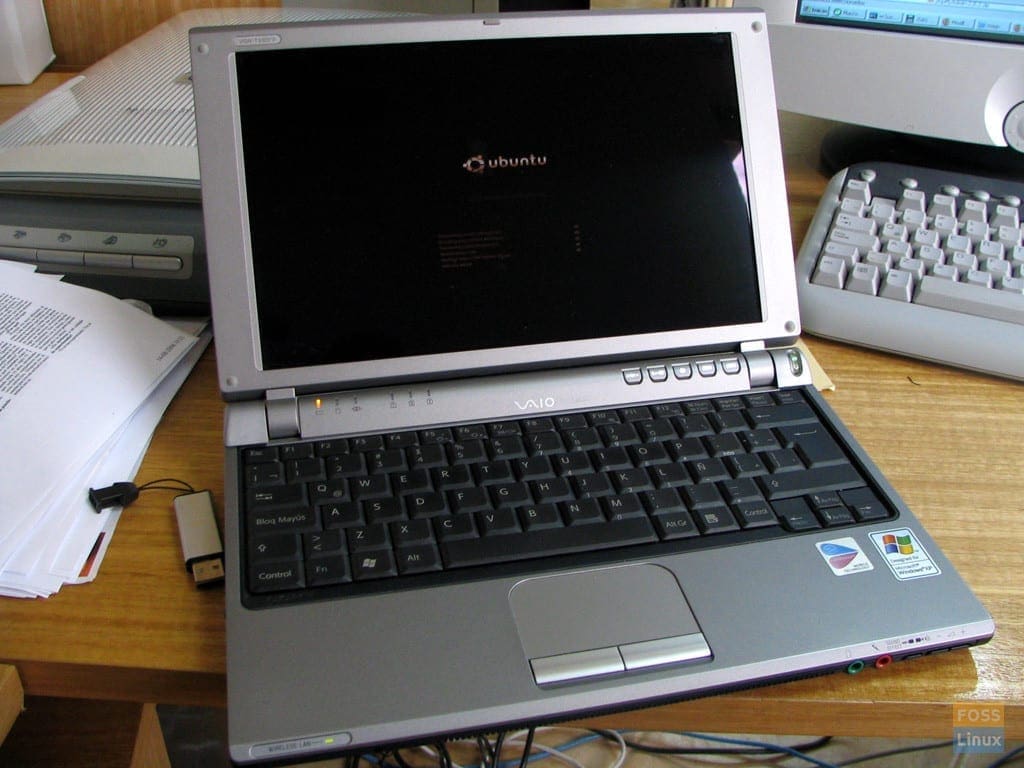
4 comments
lies
Not sure what you mean by “lies”. Can you please elaborate?
Thanks,
Travis
Compatible with older hardware: Not that true….
All linux distros are progressively abandoning support for 32 bits PCs. They all justify this saying “today the number of 32 bits systems is not enough important to justify maintaining 32 bit distros.
That is total ignorance of the the number of 32 bits PCs still running Wndows XP or 7 in 3rd world regions of the world. (I am in Peru, and a huge number of 32 bits PCs are still running here, because the people lack money to buy 64 bits hardware).
As a result, most of the people is orienting towards 1.5 US$ DVDs with windows pirated systems or software you can very easily find on the flourishing clandestine street markets.
I am a linux user, I have completely abandoned windows since 10 years, and I I love LInux, but please stop saying fake things.
I stand by saying compatible with older hardware. All of the distros mentioned in the article are. However, you are 100% correct about the 32-bit/64-bit portion of it. In hindsight, I should have brought that up in the article, and distinguished/pointed out distros that are not 32-bit compatible.
I truly appreciate you pointing this fact out, and will make an effort to ensure future articles specify whether or not a particular distro features supports 32-bit.
Again, great catch and thanks for calling me on it. We do endeavor to do better!
Thanks and take care,
Travis